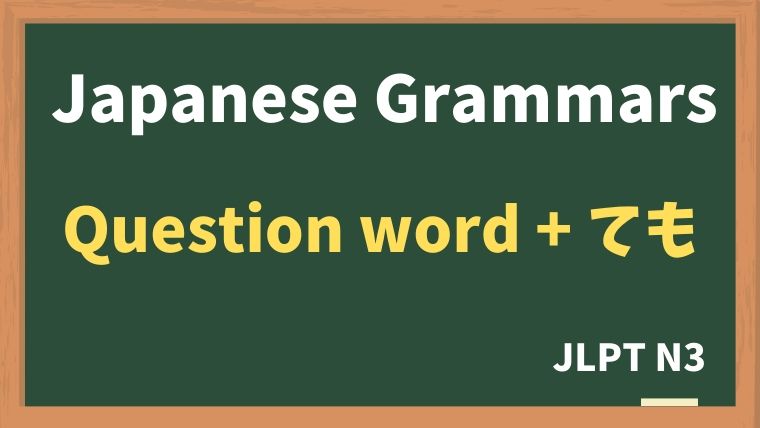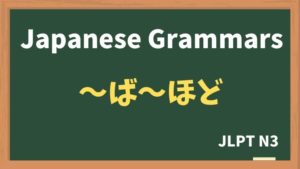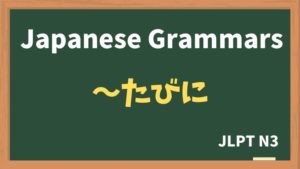
Explanation:Question word + Vても
fa-check-circleMeaning
"no matter what/when/who..."
Used to indicate that the result or situation remains the same regardless of the variable or condition expressed by the question word. It implies that no matter what or how something is done, the outcome or effect does not change.
fa-check-circleForm
なに/いつ/だれ/どこ/etc + Vても
なに/いつ/だれ/どこ/etc + イAくても
なに/いつ/だれ/どこ/etc + ナAでも
なに/いつ/だれ/どこ/etc + Nでも
fa-check-circlePoints
- Indicates Consistency: This pattern emphasizes that the result remains unaffected or unchanged despite different conditions or actions.
- Used with Question Words: It pairs with question words such as "いつ" (when), "どんなに" (how much), "どこ" (where), etc.
- Emphasizes Unchangeable Outcomes: It often highlights the persistence of a situation or fact regardless of varying conditions.
fa-check-circleJLPT Level
N3
Sample sentenes
ジェームスさんはどんなに食べても太らない体です。
No matter how much Jessica eats, she doesn’t get fat.
ジェシカさんはいつ見てもきれいです。
No matter what time I see Jessica, she is always beautiful.
私は猫の絵を書いたつもりなのに、誰に聞いても「かわいいブタの絵ですね」といいます。
I thought I drew a cat but no matter who I ask, they say ‘It’s a cute pig picture’.
日曜日はどこへ行っても、人で混んでいます。
No matter where I go on Sunday, it's crowded.
どんなに忙しくても、毎日彼女に電話します。
No matter how busy I am, I call my girlfriend every day.
どんなにいい歌でも、何回も聞くと飽きるものだ。
No matter how good a song is, if we listen to it many times, we will get tired of it.
この映画は、いつ見ても面白い。
No matter when I watch this movie, it’s always interesting.
Vocabulary
| Japanese |
English | |
| 飽きる | あける | to get tired / to get bored |






